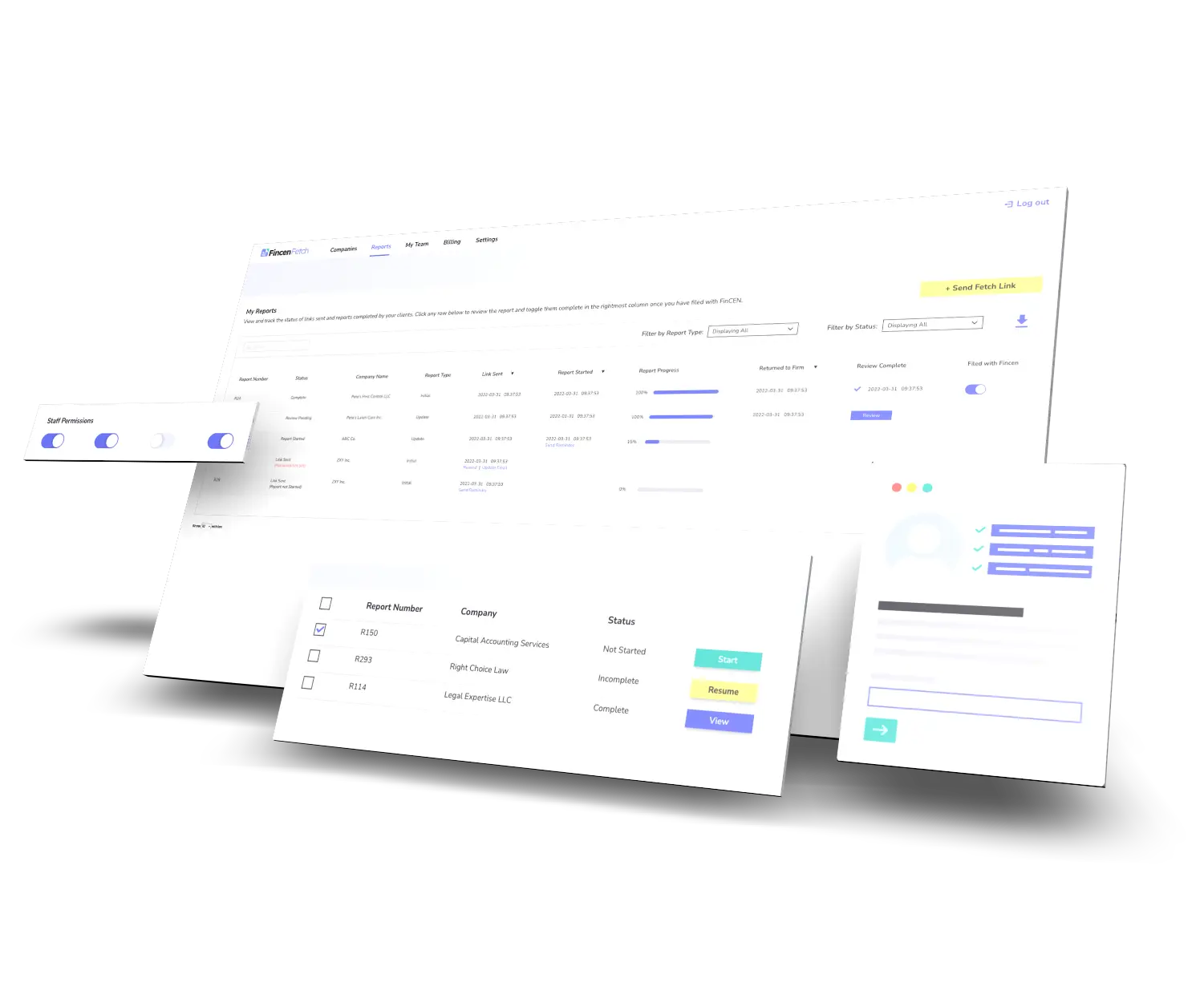In the vast world of the internet, numerical strings known as IP addresses serve as the fundamental backbone of digital communication. Each device connected to the internet, whether it’s a computer, smartphone, or server, must have a unique identifier known as an Internet Protocol (IP) address. This ensures that data packets can be correctly routed between source and destination devices. One string that might catch a user’s attention is 185.63.253.2001. However, upon closer inspection, this particular address raises an important issue: it’s technically invalid under the conventional IPv4 system.
To unpack this properly, we must first understand what IP addresses are, the distinction between IPv4 and IPv6, and why a value such as “2001” does not conform to standard IPv4 formatting. We’ll also touch on the importance of IP addressing in cybersecurity and how misuse or misinterpretation of addresses like this can cause confusion or be used maliciously.
What Is an IP Address?
An IP address is a string of numbers assigned to each device that connects to the internet. It acts similarly to a postal address, ensuring data is delivered to the right destination. IP addresses come in two main formats:
-
IPv4 (Internet Protocol version 4): This is the most commonly used IP format and looks something like
192.168.0.1. It consists of four numbers separated by periods (dots), with each number ranging from 0 to 255. -
IPv6 (Internet Protocol version 6): This format was developed to accommodate the growing number of internet-connected devices. It uses hexadecimal digits and colons, like
2001:0db8:85a3:0000:0000:8a2e:0370:7334.
Dissecting the IP Address: 185.63.253.2001
Looking at 185.63.253.2001, it might initially appear to be a standard IPv4 address. However, there’s a problem with this interpretation.
-
An IPv4 address must consist of four octets (sets of eight bits), each ranging from 0 to 255.
-
In this case:
-
185 ✔️
-
63 ✔️
-
253 ✔️
-
2001 ❌ (This value exceeds the maximum allowable octet value of 255.)
-
Therefore, 185.63.253.2001 is not a valid IPv4 address.
Some may mistake this string as an IP address due to its format, but it violates the technical constraints of the IP protocol. This could be the result of a typo, a placeholder, or a malformed address used in an attempt to deceive or obscure real network identities.
Could It Be an IPv6 Address?
IPv6 addresses use a different structure entirely. They are composed of eight groups of four hexadecimal digits, separated by colons, not periods. For example: 2001:db8::ff00:42:8329.
-
IPv6 does not use decimal points as IPv4 does.
-
Therefore, 185.63.253.2001 does not fit the format or character set of IPv6 either.
So, in both IPv4 and IPv6 standards, 185.63.253.2001 does not represent a valid IP address.
Potential Misuses of Malformed IP Addresses
You may wonder why a string like this would appear in logs, articles, or forums. There are a few potential reasons:
-
Typographical Error: Perhaps someone intended to write a valid IP address like 185.63.253.201 but mistakenly added an extra digit.
-
Obfuscation: Malformed IPs can be used to disguise malicious intent. Cyber attackers might manipulate log files or use confusing inputs to evade detection.
-
Placeholder Use: It could be used as a dummy IP during testing or in documentation, similar to how “123.456.789.000” is used illustratively.
-
Human Misinterpretation: A person unfamiliar with IP structure might simply misuse the format.
Why IP Accuracy Matters
Accurate use of IP addresses is not just a technical necessity—it’s also essential for:
-
Network Communication: Incorrect IPs prevent devices from communicating with each other.
-
Cybersecurity: Security systems rely on IP data for firewalls, blacklists, and access logs. Invalid or manipulated IPs can compromise security protocols.
-
Geolocation and Forensics: Many services use IPs to determine location. Invalid IPs interfere with tracking, investigations, and geo-based services.
Cybersecurity Concerns Around IP Spoofing and Manipulation
Malformed IPs like 185.63.253.2001 can sometimes be used in IP spoofing or log manipulation. Cybercriminals may inject such values into network traffic or system logs to confuse administrators or security software.
In a spoofing attack, an attacker sends packets from a fake IP address to disguise their origin. While spoofing typically uses valid but misattributed IPs, malformed entries might be used to mask tracking entirely or cause software errors.
For example:
-
Intrusion Detection Systems (IDS) might fail to recognize malformed IPs and ignore them.
-
Poorly configured log analyzers may crash or misinterpret entries containing values like 2001 in the last octet.
Security teams must configure systems to detect and flag such anomalies for further investigation.
The Role of IPs in Monitoring and Networking
Monitoring network traffic and system activity heavily relies on logging IP addresses. For administrators, an address like 185.63.253.2001 would stand out immediately as an error.
Network tools like ping, traceroute, or nslookup will reject this IP due to format errors. Systems that automatically parse IP addresses (for analytics, geolocation, or routing) would throw exceptions or ignore the data, which can hinder effective monitoring.
Conclusion
Although 185.63.253.2001 resembles a valid IPv4 address, it fails under scrutiny due to the “2001” segment, which exceeds the maximum octet value of 255. It also does not conform to the IPv6 standard, leaving it in a no-man’s-land of malformed or fictitious IP addresses.
Understanding the structure and validity of IP addresses is essential not just for IT professionals but for anyone involved in networking, web development, or cybersecurity. Mistaking an invalid IP like 185.63.253.2001 for a legitimate one can lead to miscommunication, software errors, and potential security vulnerabilities.

